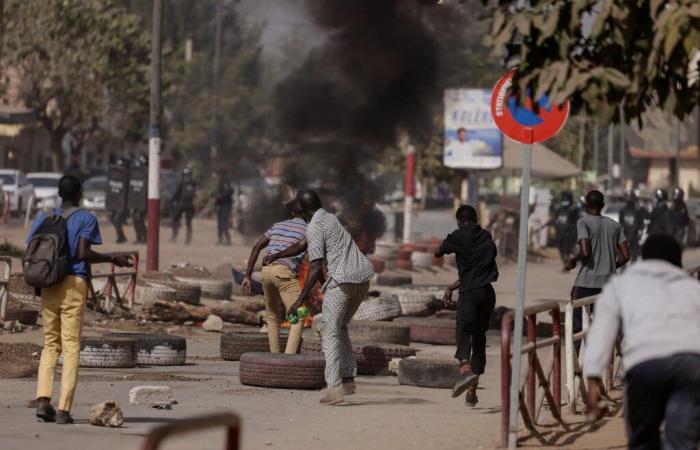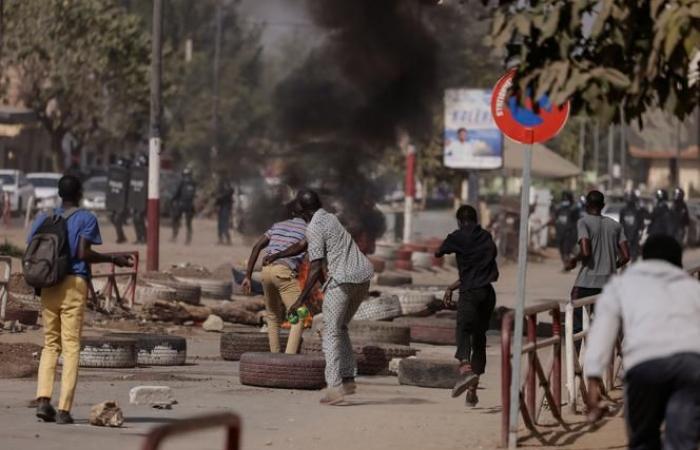En 2024, Senegal miraculously emerged from a situation of tensions and political imbroglios. The country was on the verge of falling into the unknown. After the vast demonstrations for the release of opposition leader Ousmane Sonko and against President Macky Sall’s unconstitutional plan to stay in power for a third term, the latter had to give it up. In March of the same year, the desire to break with the old regime led to the victory in the presidential election, in the first round, of Bassirou Diomaye Faye, the replacement candidate for Ousmane Sonko.
The new regime must now live up to the indisputable popular hope it arouses to place fundamental rights at the heart of Senegalese democracy. For a long time, Senegal has been seen as a flagship country for the protection of human rights. It is the first country to have ratified the Rome Statute of the International Criminal Court in February 1999; the first to have convicted a former head of state under universal jurisdiction with the trial of Hissène Habré in May 2016.
You have 79.9% of this article left to read. The rest is reserved for subscribers.
Senegal






